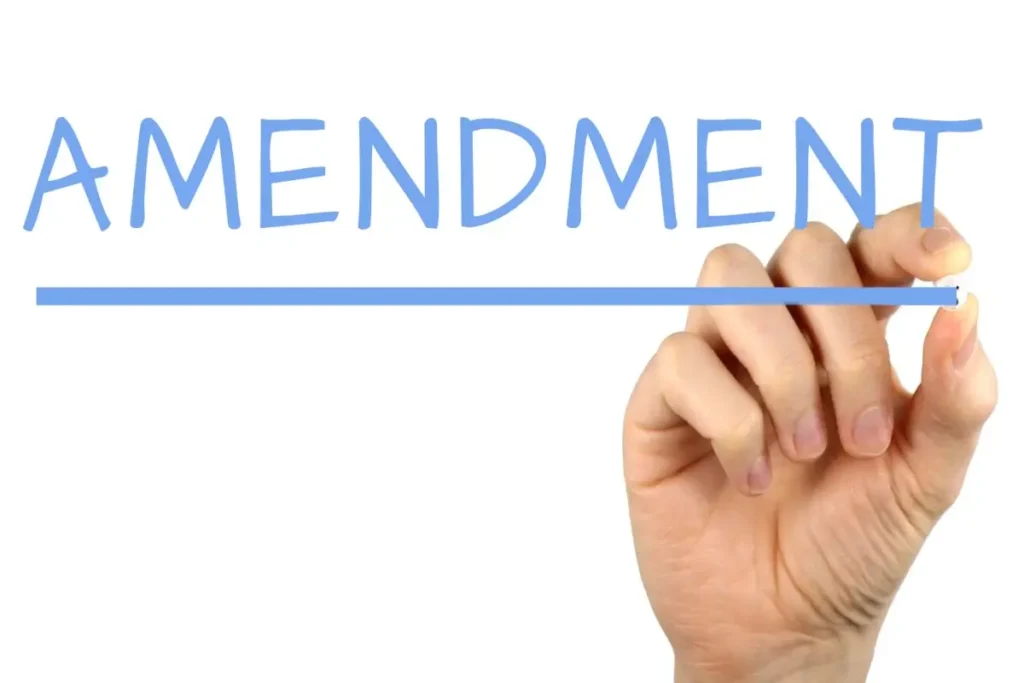Introduction:
One important tool for Government of India in bringing ease of doing business is leveraging technology. Government of India has been working hard to bring in technology to reduce human intervention and speed up processes that are vital for smooth functioning of businesses. One such initiative was introduction of e-adjudication mechanism for adjudicating cases under Companies Act, 2013.
Background:
At the time of introduction of V3 version of MCA 21 portal, MCA had introduced the concept of e-adjudication mechanism. This concept aims at reducing the human interaction and solving the stakeholder queries directly through MCA 21 portal. This mechanism uses artificial intelligence and machine learning for this purpose.
Implementation of e-adjudication mechanism:
In order to use the e-adjudication mechanism to its fullest capacity, MCA has decided to apply this system to adjudication of penalties done by Registrar of Companies (ROC). In this behalf, MCA has amended Companies (Adjudication of Penalties) rules [‘Adjudication rules’] and has inserted a new rule viz. rule 3A in Adjudication rules. This rule provides for conducting the process of adjudication of penalties by ROC through e-adjudication process.
This rule and the use of this mechanism for this purpose shall become effective from 16th September 2024.
Key Provisions of the New Rule:
Sub-rule 1 of rule 3A talks about conducting of proceedings for adjudication of penalty by ROC, in electronic mode through online e-adjudication platform to be developed by central government. This mechanism would include following activities:
- Issuance of notices
- Filing of replies or documents
- Submission of evidence
- Holding of hearings
- Attendance of witnesses
- Passing of orders
- Payment of penalties
Handling of Notices:
As per sub-rule 2 of rule 3A, If the e-mail address of a person (to whom a notice or summons is to be issued) is unavailable, the adjudicating officer must send the notice by post to the last known address or address available in the records. A copy of such notice must be preserved in the electronic records on the e-adjudication platform. In cases where no address is available, the notice will be placed on the e-adjudication platform for public viewing.
e-form ADJ: Making appeal on adjudication:
The amended rules have also modified the format of form ADJ (i.e. memorandum of appeal) which is used to file an appeal before the regional director against the order of ROC imposing penalty.
Implications:
- Streamlining of Processes: Shifting of adjudication to electronic adjudication platform is expected to streamline the adjudication process, making it more efficient and less cumbersome for companies.
- Reduced Physical Interactions: Companies will no longer need to attend adjudication proceedings in person, thus reducing travel and logistical burdens.
- Enhanced Compliance and Transparency: Electronic handling of notices and proceedings will enhance transparency and make compliance management easier for businesses.
Conclusion:
Adjudication rules marks a significant step towards modernizing the adjudication process by adopting digital solutions. This aligns with the broader goals of promoting ease of doing business, reducing the burden on traditional adjudication bodies, and fostering a more efficient regulatory environment.

